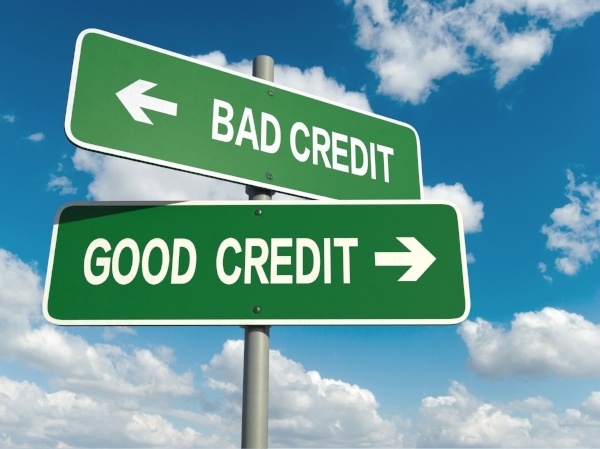A bad credit history can wreak havoc on your life. Not only could you struggle to take out new credit in the form of credit cards and loans, but you could also find it a challenge to rent or buy a house, invest in a new or used vehicle, and even find a job! It is true that most employers run credit checks on potential employees before deciding whether or not to hire them. In short, one should avoid bad credit at all costs.
Read on to discover the various signs that you might have bad credit, along with advice regarding how best to remedy the situation going forward.
10 signs you have bad credit
- Your recent loan or credit card application has been rejected.
- You are being offered high Annual Percentage Rates (APRs) by lenders and your limit on your credit card is low.
- You frequently pay your bills after the provided due date or you have made late loan repayments in the past.
- You have skipped out on payments altogether without timeously notifying your lender and reaching a mutual agreement.
- You make minimum payments on your credit card.
- You routinely use more than 30% of the credit availed to you.
- You have had an account closed by a lender in recent times.
- You have received calls from debt collectors.
- You have applied for multiple loans in a short period of time, resulting in several ‘hard’ credit checks being conducted in your name.
- You have recently closed or opened a new credit account.
Ultimately, the only way to tell if you have bad credit for certain is to visit annualcreditreport.com and request your free credit report. You are entitled to a free report every 12 months.
How to improve your credit rating
It is essential that you understand that improving your credit rating takes plenty of work and certainly isn’t something that will happen overnight. However, the effort that you put in will prove to be well worth it both in the short- and long-term.
- Only borrow from reputable lenders: If you need to take out a loan despite your bad credit, avoid doing so via shady lenders. Always seek out bad credit personal loans from lenders with a clear, respectable reputation, such as SimplePersonalLoans.
- Reduce the balance owed on your credit card: Strive to use no more than 30% of your available credit at any given time.
- Negotiate: Negotiate with your credit card provider to see whether you can get penalties incurred through late payments removed.
- Manage your debt: Ensure that you take steps towards paying off all your debt. You might want to consider taking out a debt consolidation loan to help make this process easier. Another option is to apply for a zero APR credit card.
- Check your credit report: Do so at least once per year.
- Make payments on time: Avoid any new late payment penalties and always pay the full amount owed each month.
Put all this advice into practice and your credit rating is sure to improve significantly over time. Focus on more efficient financial management going forward and you should be just fine!
